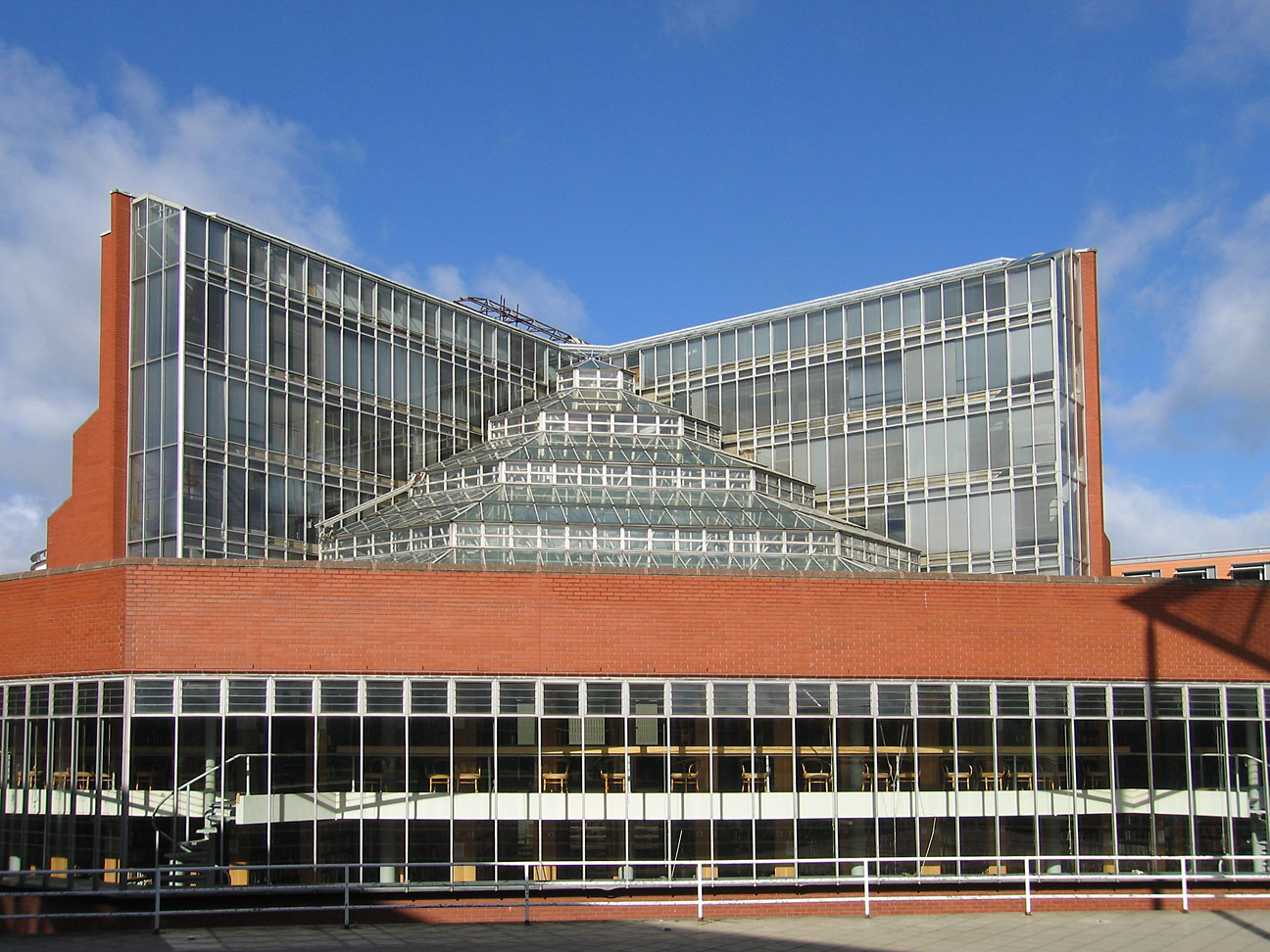About the Anniversaries
In the academic year 2023-24 the Faculty of History will mark three major milestones:
It is the tercentenary of the Cambridge Regius Professorship of History. Five Regius Professorships were established by Henry VIII around 1540, and the next one was Modern History in 1724. (The most recent was English Literature in 1910). In the first century of its existence, the Regius Professor of Modern History had few duties, since only ancient history was taught in the university and ‘modern’ meant anything after ancient. From Sir James Stephen and Charles Kingsley in the mid-nineteenth century, the Professors took a more active role in teaching and in creating the new Historical Tripos – although at its inception in 1873 only two members of the university were specifically charged with teaching modern history.
The Historical Tripos is 150 years old. History had previously been taught in connection with the Moral Sciences Tripos since 1851, and having been ejected, for a few years in the Law Tripos. But there was pressure to create a separate Tripos from different directions. Firstly, the Civil Service had recently introduced history as one of its exam subjects. Secondly, Oxford created a degree in Modern History in 1872 under the influence of its own Regius Professor of Modern History, William Stubbs. Thirdly, a wide range of new historical and antiquarian societies were publishing series which included an enormous volume of previously inaccessible historical documents. Finally, Cambridge men who had studied history as a subsidiary subject were making a profession of it, notably F.W. Maitland in legal history and W.C. Cunningham in economic history, who had been ranked joint first in the Moral Sciences Tripos in 1872, the year before the resolution to create the History Tripos. Both men were influential in shaping the early tripos and in fostering opportunities for postgraduate research by male and female students, but these remained rare before the twentieth century.
By 1909 History included at least 100 men and women in the annual lists. The Cambridge Historical Society was set up in 1922 to bring together undergraduates across colleges and the increasing numbers of postgraduates, and in 1923 it began publishing the Cambridge Historical Journal, only the third academic periodical in the field. By 1959, when the name changed to the Historical Journal, there were hundreds. Now that there are thousands, it remains one of the top-ranked historical journals in Britain – although there are of course many different ways to rank academic journals.
These three anniversaries are being marked in several ways. An essay competition for undergraduates on the theme of commemoration is running this summer. Three lectures will use the anniversaries as a jumping-off point to consider more broadly the development of history writing, history education and history in the public sphere: Professor Sir David Cannadine (Princeton) will speak on the centenary of the foundation of the Historical Journal; Professor Michael Bentley (St. Andrews and Oxford) will speak on the 150th Anniversary of the Historical Tripos; and the current Regius Professor, Sir Christopher Clark, will host a lecture by Professor Ludmilla Jordanova (Durham) on the 300th Anniversary of the Regius Professorship. Two panel discussions will address historical issues with political ramifications: one examines the teaching of what was initially known as imperial, later ‘world’ history, which has long been one of the Faculty’s strengths; the other considers the gender balance at all levels from undergraduates to professors since 1948 when women were first admitted as undergraduate students. That will be a 75th anniversary for the University next year!
Events
300th Anniversary of the Regius Professorship

Faculty of History
We are one of the world's largest and most diverse history departments. Our work and teaching is consistently rated top in global rankings.
